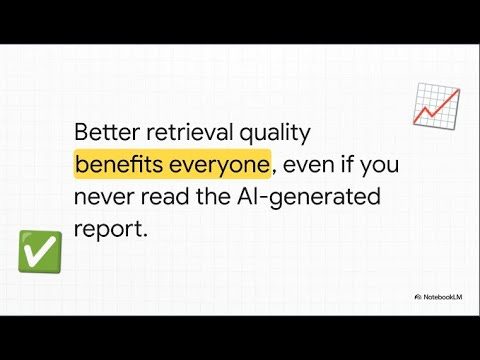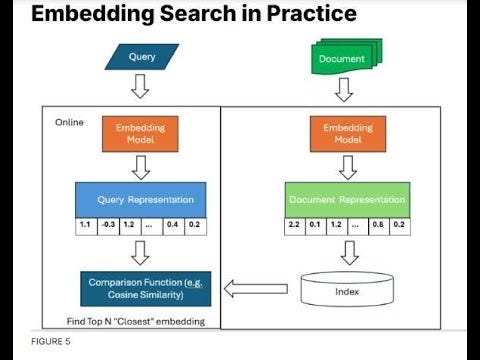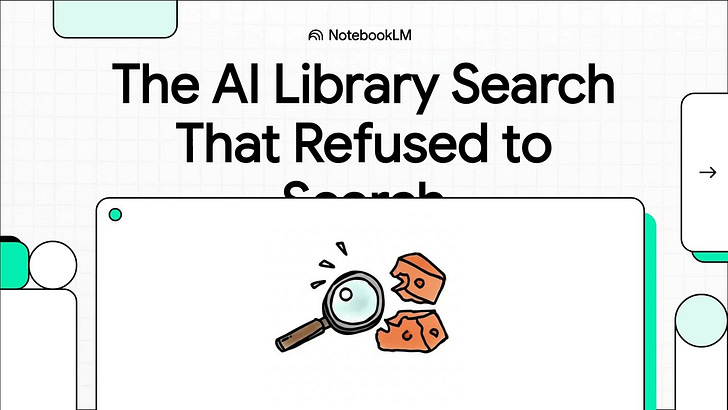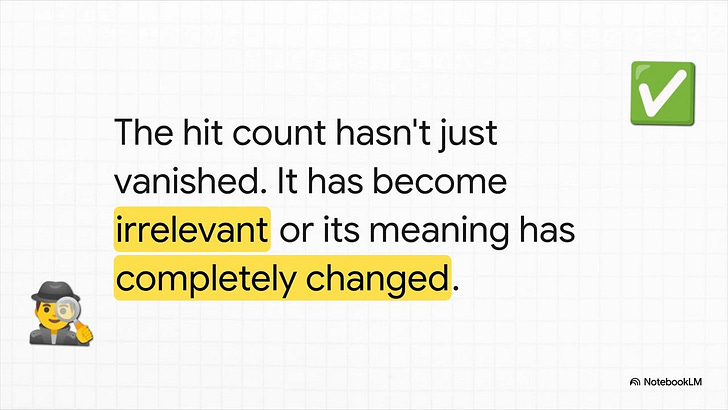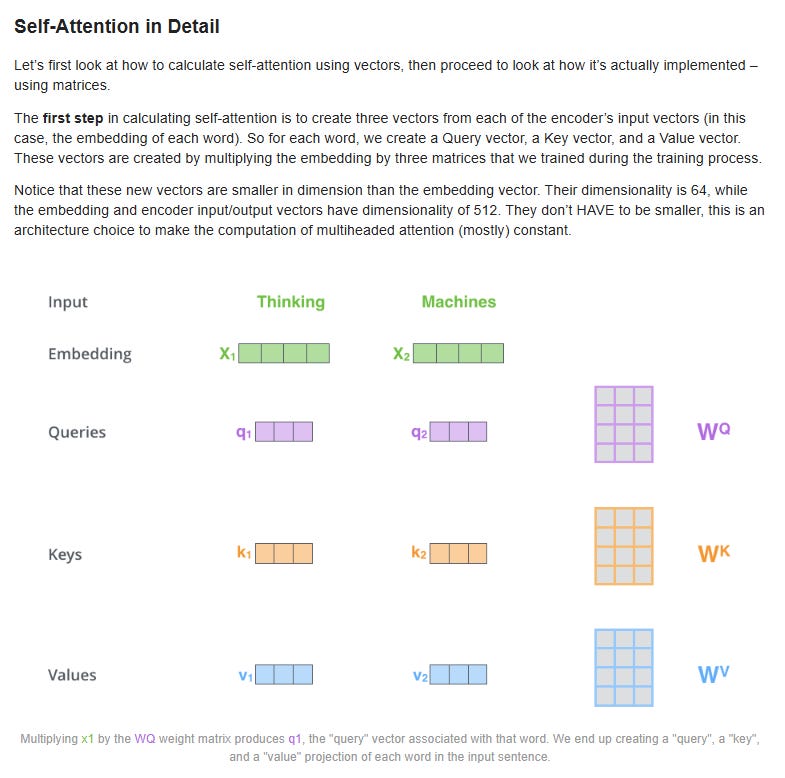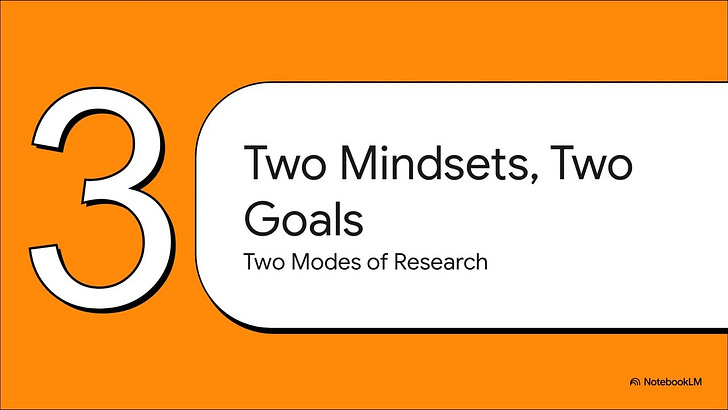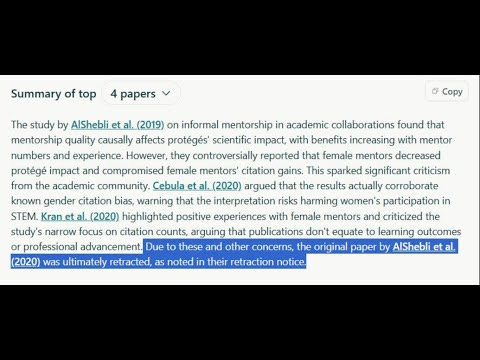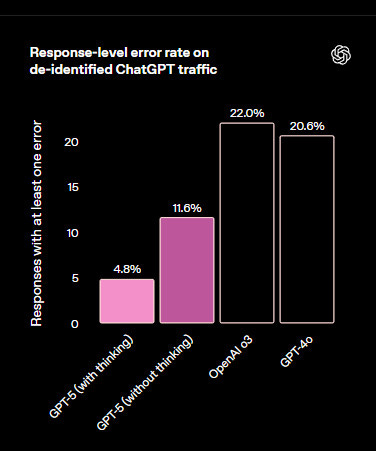
Introduction In my last post, I argued that Deep Search—iterative retrieval that blends keyword, semantic, and citation chasing with LLM-based relevance judgments—is the real breakthrough behind today’s “Deep Research” tools. It consistently beats one-shot embedding search in recall/precision, and in hindsight, it’s what I loved all along (the “generation” step just came bundled). The price?
